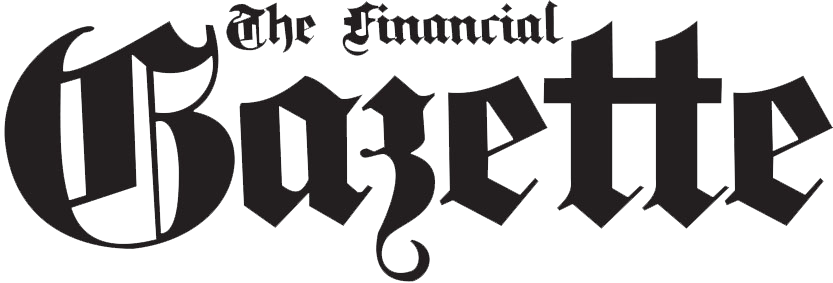THE market value of the Zimbabwe Stock Exchange (ZSE) has fallen by over 80 percent in US dollar (USD) terms since February, as the local currency continues to lose value against major currencies in the face of rising inflation and falling output. Authorities in the southern African economy re launched the Zimbabwe dollar and banned a multi-currency regime in a bid to stem a thriving parallel market for foreign currency which remains in short supply.
Authorities in the southern African economy re launched the Zimbabwe dollar and banned a multi-currency regime in a bid to stem a thriving parallel market for foreign currency which remains in short supply.
The local currency is currently trading at ZWL$18 per US$1 from ZWL$2,5 per US$1 in February.
The ZSE industrial index has gained 57 percent to 774,55 points, during the first seven months of the year with most counters rising on the back of the monetary changes.
“In US dollar terms, the picture has however been less positive with the overall market value of the ZSE down 75 percent to US$1,98 billion (using an interbank rate of 15,28), compared to US$7,91 billion in February 2019 (interbank rate of 2,5),” said investment research firm MMC Capital said in an analysis of the ZSE attractiveness.
“Comparing the current USD prices with the five-year performance, it is evident that most of the blue-chip counters are now trading below their five-year lows that were predominantly witnessed in 2016. The year was characterised by relatively tight fiscal measures with liquidity challenges, power outages and low capacity utilisation,” MMC Capital said.
Despite the economic challenges, the top five companies (Delta Corporation, Econet Wireless, Innscor Africa, Padenga Holdings and British American Tobacco) asset base grew from US$787,26 million in 2009 to US$5,622 billion, driven by capital investments and the resilience of companies to withstand the storms.
“Based on the current USD equivalent prices, we are of the view that the market is not reflecting the investments made and hence should ideally reprice in order to account for the fundamental health of the balance sheets. This, in our view, does reflect an upside potential and an indication of a cheaper and attractive market,” said MMC Capital.
ZSE average monthly return is at four percent relative to 14 percent and 40 percent for inflation and exchange rates respectively.
MMC Capital said assuming that the historical trend of trading ahead of inflation is maintained, there is potential for the stock market to rise at an average yearly return of 14 percent against yearly average inflation rate of two percent.
However, viewing the ZSE through the lens of regional investors, comparative statistics are pointing to a market that is still relatively expensive.
“Benchmarking the ZSE’s price to earnings ratio historical trend with that of the Morgan Stanley Capital International (MSCI) emerging market index over the past 10 years, there is a sizeable gap over the last two years,” MMC Capital said.

Subscribe to The Financial Gazette
This is premium content. Subscribe to read article.





